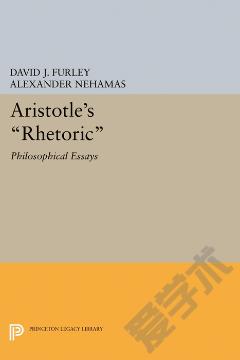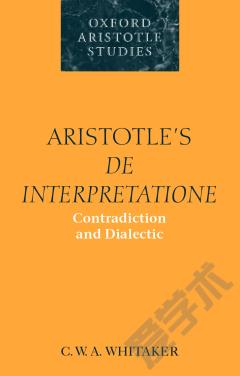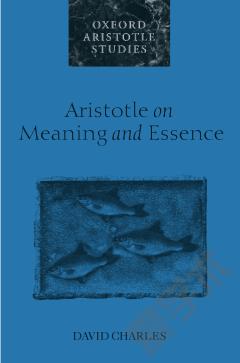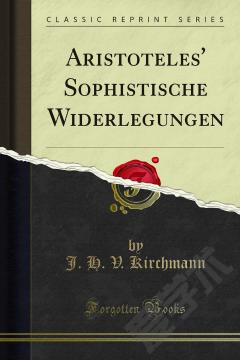Passions and Persuasion in Aristotle's Rhetoric
The principal claim is that for Aristotle arousing the passions of others can amount to giving them proper grounds for conviction, and hence a skill in doing so is properly part of an expertise in rhetoric. This rests on a normative view of rhetoric and its role in the state, and on a particular view of the kinds of cognitions involved in the passions. Aristotleâs view, I argue, is that rhetoric is exercised solely in the provision of proper grounds for conviction (pisteis). I show how he defends this surprising and controversial view by appeal to a more widely shared and plausible view of rhetoricâs role in the proper functioning of the state. I then explore in more detail what normative standards must be met for something to qualify as âproper grounds for convictionâ, applying this to all three of Aristotleâs kinds of âtechnical proofsâ (entechnoi pisteis). In the case of the passions, meeting these standards is a matter of arousing passions that constitute the reasonable acceptance of premises in arguments that count in favour of the speakerâs conclusion. I seek to show that Aristotleâs view of the passions is compatible with this role. This involves opposing the view that in Rhetoric I.1 Aristotle rejects any role in rhetoric for the arousal of the passions (a view that famously generates a contradiction with the rest of the treatise). It also requires rejecting the view of Rhetoric II.2â11 on which, for Aristotle, the distinctive outlook involved in passionate states is merely how things âappearâ to the subject. The passions must involve the subjectâs taking things to be the way that they are represented in passionate experience. Aristotle accommodates this account of the representational aspect of the passions within a substantive theory of the emotions as pleasures and pains. Such a view constitutes the most plausible understanding of Aristotleâs detailed accounts of the passions in Rhetoric II, and is compatible with a new representationalist reading of his account of pleasure (and pain) in Rhetoric I.11.
{{comment.content}}








 京公网安备 11010802027623号
京公网安备 11010802027623号